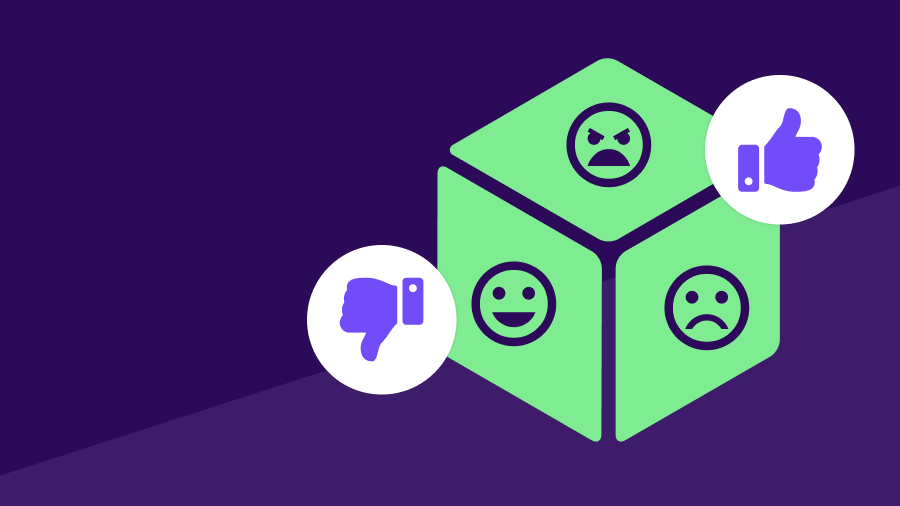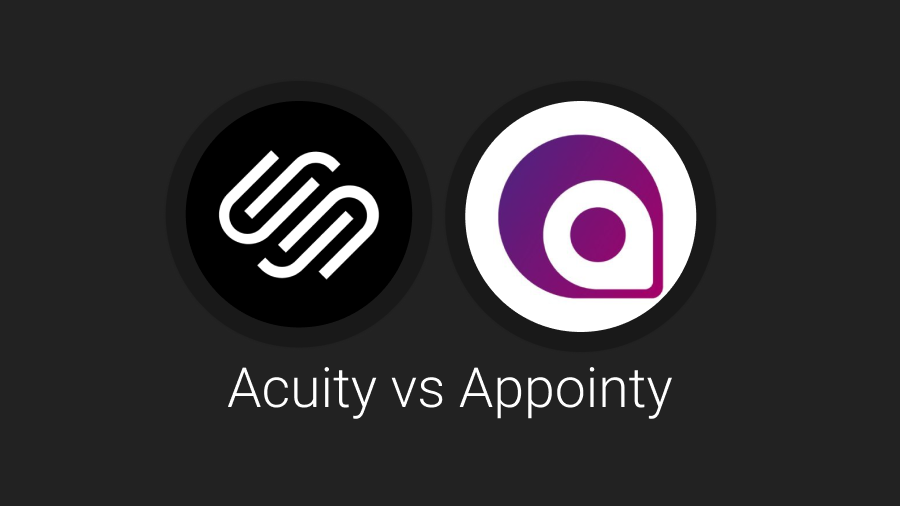Let's face it: most of our buying decisions are based on emotions. As human beings and are wired to be emotionally reactive. As much as we would like to think that all decisions are made after careful intellectual introspection, much of our behaviors are emotionally based. This is true in our relationships and true in our consumer lives.
When you set out to market your brand your goal is obviously to make sure your product sells. There are a multitude of methods and platforms on which you can market your company or product- but the primary underlying idea is that you have to appeal to the emotions of your potential customer. By creating an emotional reaction you are increasing the chances that your potential customer will take action and move from "potential customer" to "actual customer."
Here are five triggers based on emotions that lead to buying decisions:
1. Greed
Just wanting something doesn't make it one of the seven deadly sins. We're all motivated to achieve more and more every day.
Leveraging greed doesn't have to be devious -- this human emotion can also work in your customer's favor.
This is at work whenever you see an offer that says 'Buy 1, get 1 free' or 'Buy 2 for the price of 1.'
Leveraging the greed of a person means pointing out the great ROI (return on investment) on your product and highlighting it as a USP. You can use words like 'reward,' 'exclusive,' and 'gain'.

2. Fear
You don't need to scare your customers into making them buy the products of your brand. Instead, help them realize how detrimental the cost of inaction is to their welfare.
Emphasize on personal consequences, on what they have to lose if they don't buy your product.
Our minds are naturally attuned towards loss aversion, so people react strongly when they are about to lose something they already have.
For example: Have you ever considered buying Norton's Security for your laptop?
Norton is one of the most popular virus cleaners out there. There are chances you have one installed on your computer, for a simple reason -- with a computer virus, you may stand to lose all the data on your laptop, and your digital briefcase might be wiped clean.
Any computer security app sells its software by putting forth the fear of the consequences of a bad computer virus in its consumers.
Though we may think that encouraging a potential client to feel worried is detrimental or negative to business but in actuality this driving emotion makes a lot of sense. At Book Like a Boss we want our Bosses to be happy and successful - and we like to show potential Bosses that our unique features help them avoid the worry of missing out on potential clients.
3. Trust
Trust in your brand is what will make people come back to it again and again -- and also recommend it to others.
That's what Lexus Sweden did, way back in 2011, before the era of Yelp. Lexus relies on reviews as a way of building brand awareness. They found out that a whooping majority of their customers would recommend the car to a friend or family.
Trust in a brand can be measured through an NPS calculator. The calculation of the customer's trust in your brand is singled out by asking one question: Would you recommend this brand to a friend or a colleague on a scale of 0 to 10?
Based on their answers, the customers are divided into three categories:
- Detractors: Those who rate your brand from 0 to 6, and who may provide negative feedback about the brand.
- Passives: Those who score 7 or 8 and don't have set views about the brand
- Promoters: Those who score 9 or 10, and will promote the brand through word of mouth advertising.
The total NPS is calculated by subtracting the percentage of detractors from the percentage of promoters.
4. Belonging
We all have a strong desire to belong to something -- a close-community, a group, or a social network. Marketers can use this feeling to feel like owning a piece of their brand can let their customers into an exclusive cult.
You can see this in the brand of loyal followers that Apple has built for itself. No matter what the price is, Apple fanatics will buy the new iPhone no matter what.
5. Desire
Remember that advertisement with the Big Mac?
How it made you want to get up from watching your TV show and drive to McDonald's'?
Marketers can use your desires to stimulate you to buy their products -- this is one of the oldest methods in the book.
Beautiful clothes, big houses, flawless skin -- if you stimulate your customer's desire, the more likely you are to grab their attention and make them covet your product.
When you market your brand, focusing on brand awareness or lead generation, it is important to remember that so much of what your potential client will decide about your brand is based on his or her's initial emotional reaction. Gearing your marketing to cater to this instinctual part of human behavior will surely attract your customers and can potentially increase the sales and revenue of your company.





